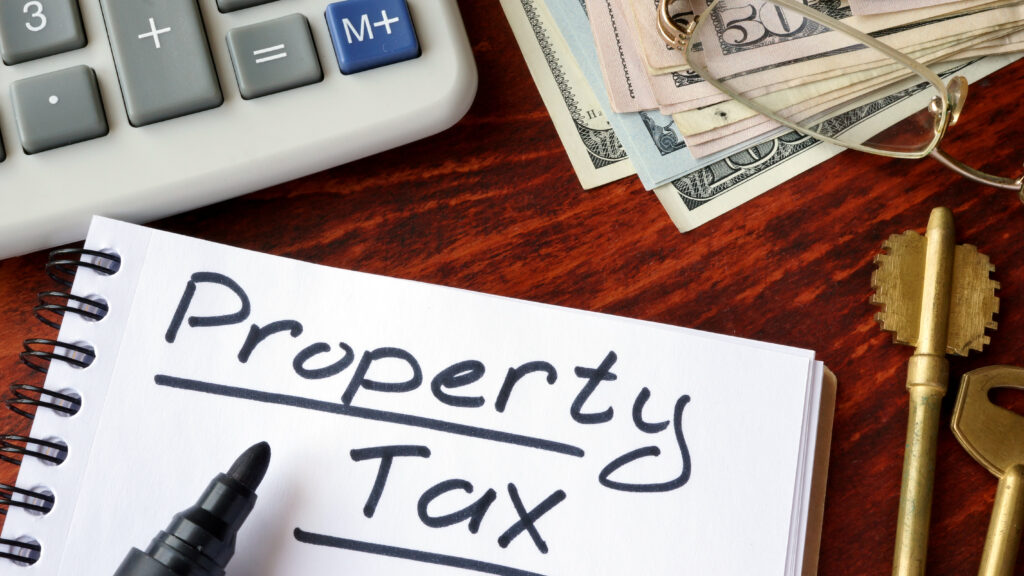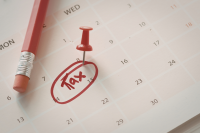The Deductibility Of Property Taxes On Your Federal Return
There are many financial benefits that come with owning your home. One being, you can itemize your tax returns and deduct the property taxes paid on your main residence and any other real estate that you own. This includes property taxes you pay from the date you purchase the property. To claim a property tax deduction, the Internal Revenue Service requires that you pay property taxes within the same year that your deduction is reported. For example, when you file your 2021 tax return in 2022, you can only deduct the property taxes you paid between January 1, 2021 and December 31, 2021. Like all tax issues, itemizing and deducting your property taxes does not come without its challenges. Here’s a few important things to know:
Tax Cuts and Jobs Act
In 2017, the controversial Tax Cuts and Jobs Act was passed which placed a $10,000 cap on itemized deductions including property taxes. This includes not only your home’s property tax, but also real estate taxes and taxes assessed on personal property such as vehicles. It also includes state and local income taxes and sales taxes. For example, if you paid $7,000 property taxes in 2021 and $5,000 in state and local income taxes, you can only deduct $10,000. Not the $12,000 that you actually spent.

Property Tax Exemptions
Depending on your age, if you are disabled and/or a veteran (or other factors), you might qualify for property tax exemptions meaning that you will either pay lower or no property taxes at all. You will want to look into this well in advance of doing your taxes as it could greatly impact your decision whether or not to deduct your property taxes.
Escrow Accounts
If you’ve opted to have your taxes and insurance paid through you mortgage lender then you probably don’t worry about your property taxes as they are built into your house payment and paid though your escrow account. Even though this option can make your mortgage payment significantly higher, it’s simple and eliminates the risk of missing your property tax payment. Remember: even if your property taxes are paid through your escrow account, you CAN still deduct them on your income taxes so don’t miss out on this valuable deduction.
Exceptions
There are exceptions to nearly every rule. You can’t claim deductions for levies against your property. For example you can’t deduct the cost of assessed levies against you for the building of streets, water systems, sewer systems and sidewalks in your community. You can’t deduct the portion of your property tax bill that’s pegged for services such as water or garbage pickup. You also cannot deduct homeowners association fees or loan payments that financed energy improvements to your home.

If you’re a Texas homeowner in need of assistance with your property taxes, reach out to the professionals at Gill, Denson & Company. While our team cannot file exemptions on your behalf, we strive to point you in the right direction as you work with the appraisal district.









